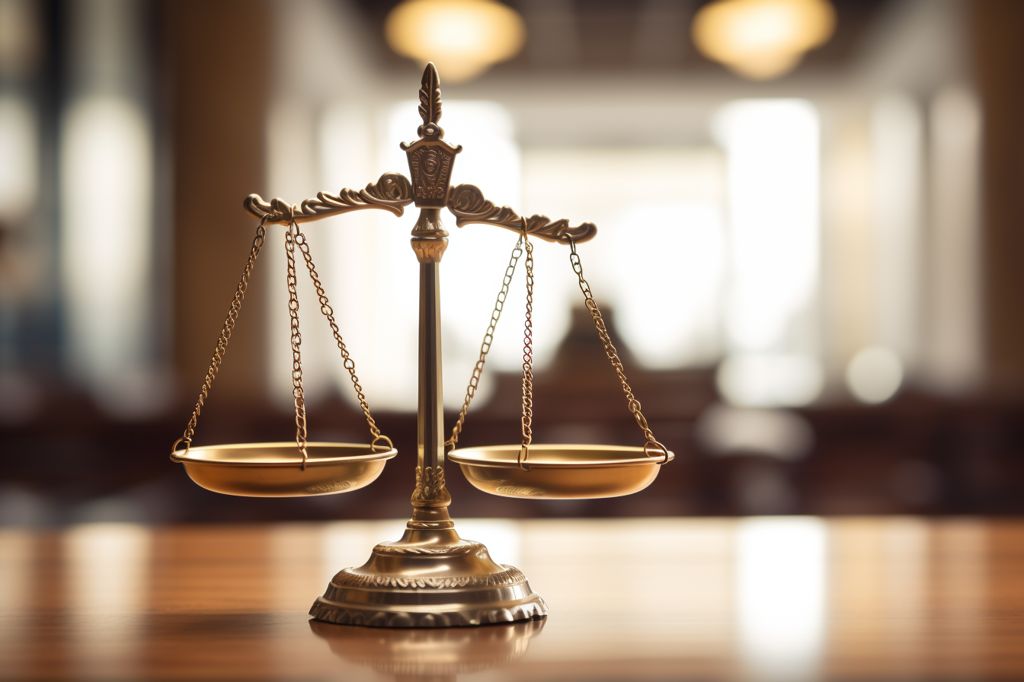The Department of Social Development has appointed a panel of arbitrators for Non-Profit Organizations (NPOs) in Kempton Park, Gauteng. This panel will adjudicate cases related to non-compliance with the NPO Act’s requirements and cases of organizations that have been denied registration by the department.
The Panel Members
The panel consists of Adv. Letsepe Thubakgale, Mr. Alewyn Dippenaar, Adv. Motlatjo Josephine Ralefatane, Chief Livhuwani Matsila, Ms. Phindile Hlongwane, Mr. Aubrey Bongani Ngcobo, Mr. Mzolisi Michael Toni, and Mr. Moses Themba Makhweyane. Advocate Motlatjo Josephine Ralefatsane will serve as Chairperson, and Mr. Mzolisi Michael Toni will be the Deputy Chairperson.
Importance of Non-Profit Organizations
Non-profit organizations play a vital role in providing developmental services to marginalized, poor, and vulnerable populations, including women, children, and persons with disabilities. As South Africa continues to recover from the devastating effects of the COVID-19 pandemic, the role of NPOs has only grown in importance, especially for the nation’s most vulnerable citizens.
Empowering NPOs
The Department of Social Development is committed to empowering NPOs to maintain compliance with regulations and, thus, avoid potential deregistration. This new panel will play an essential role in ensuring that organizations operate within the guidelines set forth by the NPO Act.
Induction of Panel Members
The induction of the panel members will take place on June 28th at the Garden Court Hotel, OR Tambo Int. Airport, in Kempton Park. Members of the media are invited to attend and cover this important event. Those interested in attending can RSVP by contacting Ms. Nomfundo Xulu-Lentsoane. Further media inquiries can be directed to Ms. Lumka Oliphant.
The introduction of this new panel of arbitrators signifies a new chapter for non-profit organizations in South Africa. Through their expertise and dedication, these individuals will help ensure that NPOs continue to serve the country’s most vulnerable citizens and contribute to its ongoing social development. With this support from the Department of Social Development, the future looks promising for non-profit organizations and the communities they serve.








